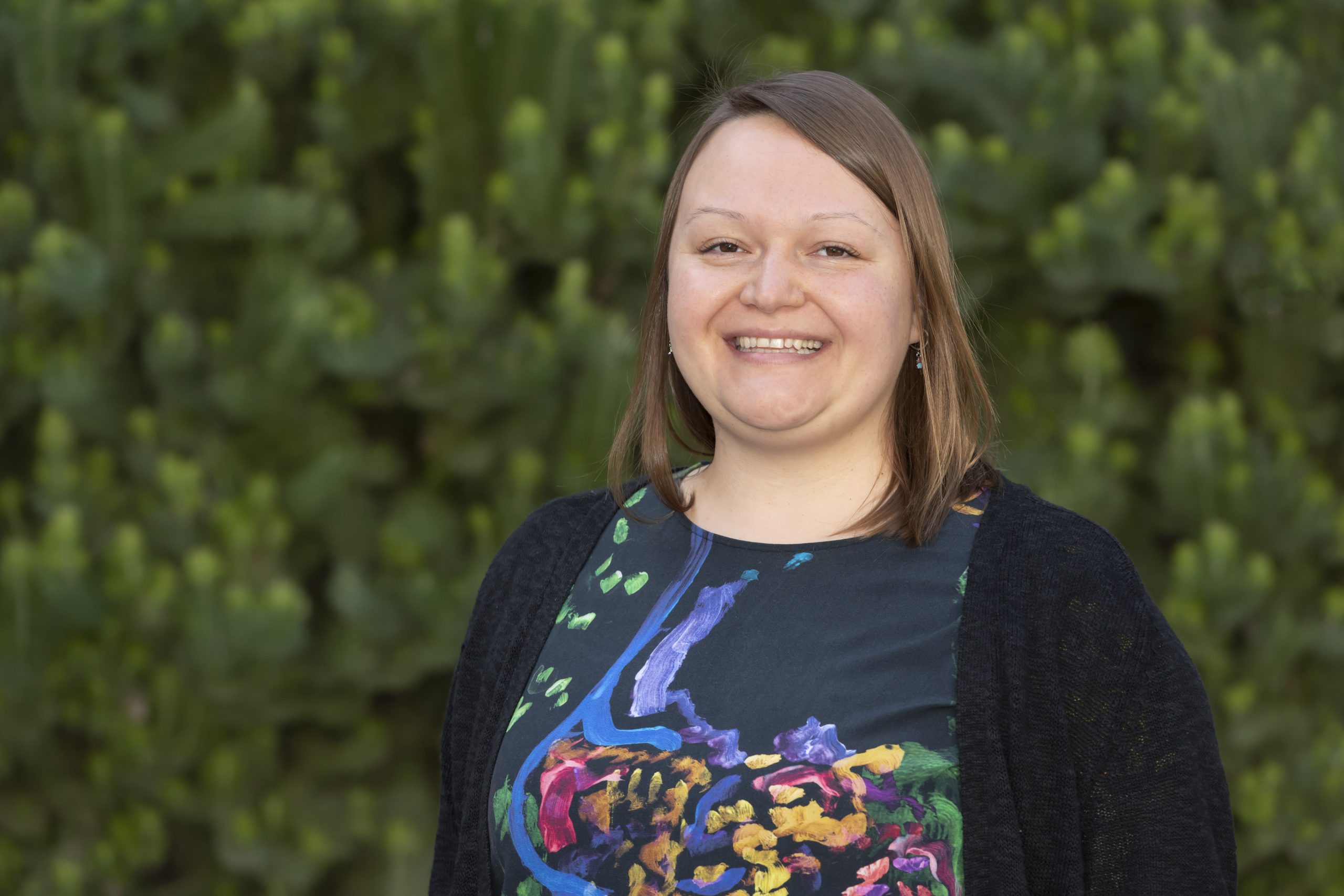
Dr Maria Ermakova
Monash University, Melbourne, Australia
Dr Maria Ermakova is a lecturer in Plant Biology at Monash University in Melbourne, Australia. After receiving PhD from University of Turku in Finland, Maria worked in the ARC Centre of Excellence for Translational Photosynthesis and the C4 Rice project at the Australian National University. Maria’s postdoctoral research paved a way to genetically re-design plants for more efficient photosynthesis and higher productivity and was awarded the Peter Goldacre medal from the Australian Society of Plant Scientists. In Monash, Maria is leading the Plant Energy & Biotechnology Research group and aiming to create more energy-efficient plants better suited for future Australian climates.
Title: Developing strategies for improving C4 photosynthesis
Webinar date: Tuesday 7th February 2023 10.00 CET
Abstract: C4 crops are becoming increasingly important for food and bioenergy security with the global production of maize often surpassing the two key C3 cereals, wheat and rice, and miscanthus and switchgrass being the leading biomass crops. C4 plants have a special type of photosynthesis that includes a metabolic C4 cycle acting as a biochemical carbon concentrating mechanism and allowing Rubisco to operate close to maximum efficiency. Although C4 plants already have high CO2 assimilation rates, improvements to C4 photosynthesis were projected to further increase crop yield (Wu et al. 2019 Nature Plants). We first used a model C4 plant Setaria viridis to test multiple strategies for improving C4 photosynthesis via transgenic approach. Engineering plasma membranes of mesophyll cells with the CO2 permeable aquaporins enhanced mesophyll conductance and allowed higher carboxylation efficiency at low CO2 (Ermakova et al. 2021 eLife). This modification could potentially improve crop productivity in conditions when stomatal conductance is limited, for example, under drought. Increasing content of SBPase, known to regulate carbon flux through the Calvin cycle in C3 plants, did not affect C4 photosynthesis (Ermakova et al. Plant Phys, in press). Increasing the rate of electron transport through the overexpression of the Rieske subunit of the Cytochrome b6f complex stimulated CO2 assimilation at non-limiting CO2 and high light, which could have a positive impact on crop productivity (Ermakova et al. 2019 Comms Biol). To test effects of increased Rieske content on crop yield, we created transgenic Sorghum bicolor overexpressing Rieske. Although the steady-state rates of electron transport and CO2 assimilation were not altered, sorghum with higher Rieske abundance grown in a glasshouse showed faster induction of photosynthesis, accumulated more biomass and produced more grain (Ermakova et al. 2022 bioRxiv). Our results demonstrate that improving C4 photosynthesis could increase crop yield and help to sustain the growing food and energy demands.